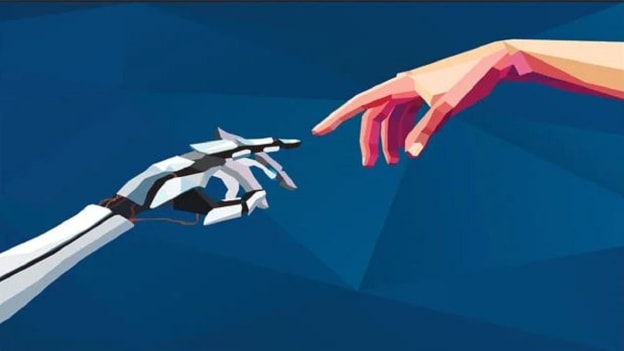67% business leaders plan to use tech to remove human bias: Report

As Artificial Intelligence (AI), Extended Reality (XR) and Internet of Things (IoT) continue to underpin the wave of continuous innovation and disruption of traditional business models, it is important to understand how business leaders plan to leverage this human-machine partnerships.
The Future of Work report by Dell Technologies, in partnership with IFTF, shares insights around how collaborative AI, multimodal interfaces, extended reality (XR), and secure distributed ledgers will intersect with evolving social and economic forces. Here are the three key insights from the report:
- Globally 67 percent and in India 86 percent business leaders expect using new technologies to create equal opportunities by removing human bias in decision-making. Human and machine partnerships shall hence be used to create more equitable workplaces by evaluating candidates based on their capabilities, rather than gender, age or class.
- With a new immersive technology like XR, collaboration among employees will empower workers more than ever before. 91 percent Indian and 86 percent global business leaders plan to use emerging technologies to improve workforce productivity.
- Interestingly, the report highlights that human capabilities will not be replaced by AI, it will rather complement and augment them. Even the leaders across the globe are looking forward to welcome machines and AI and are open to partnering with them. 74 percent of Indian business leaders would and 70 global leaders would welcome people partnering with machines/robots, as per the report.
A deep understanding of AI and human and machine systems will unlock human potential and set workers apart. It will allow workers to use their skills to manage workflows and accomplish tasks. But how swiftly the businesses are able to adopt these technologies is uncertain. Businesses are still struggling to comprehend to these new innovations and the potential they hold.
Alok Ohrie, President and Managing Director, Dell Technologies, India said, “As we prepare for the future workforce, organizations will need to realize the potential new technologies can bring into the workplace while also preparing their current workforce with skills they need to succeed.”
To be able to make the most of these technologies, business leaders have to come out of their silos and change their approach all together. According to IFTF, organizations will need to overcome three key dilemmas in the coming decade, including combating algorithmic bias in hiring; upskilling workers who fall behind and protecting workers’ rights, as work arrangements become more dynamic.
Ohrie believes that the next decade brings with it an opportunity to apply emerging technologies to shape the future such that more people can engage in meaningful, creative and sustaining work. But how fast and at what scale this happens, only time will tell.
















